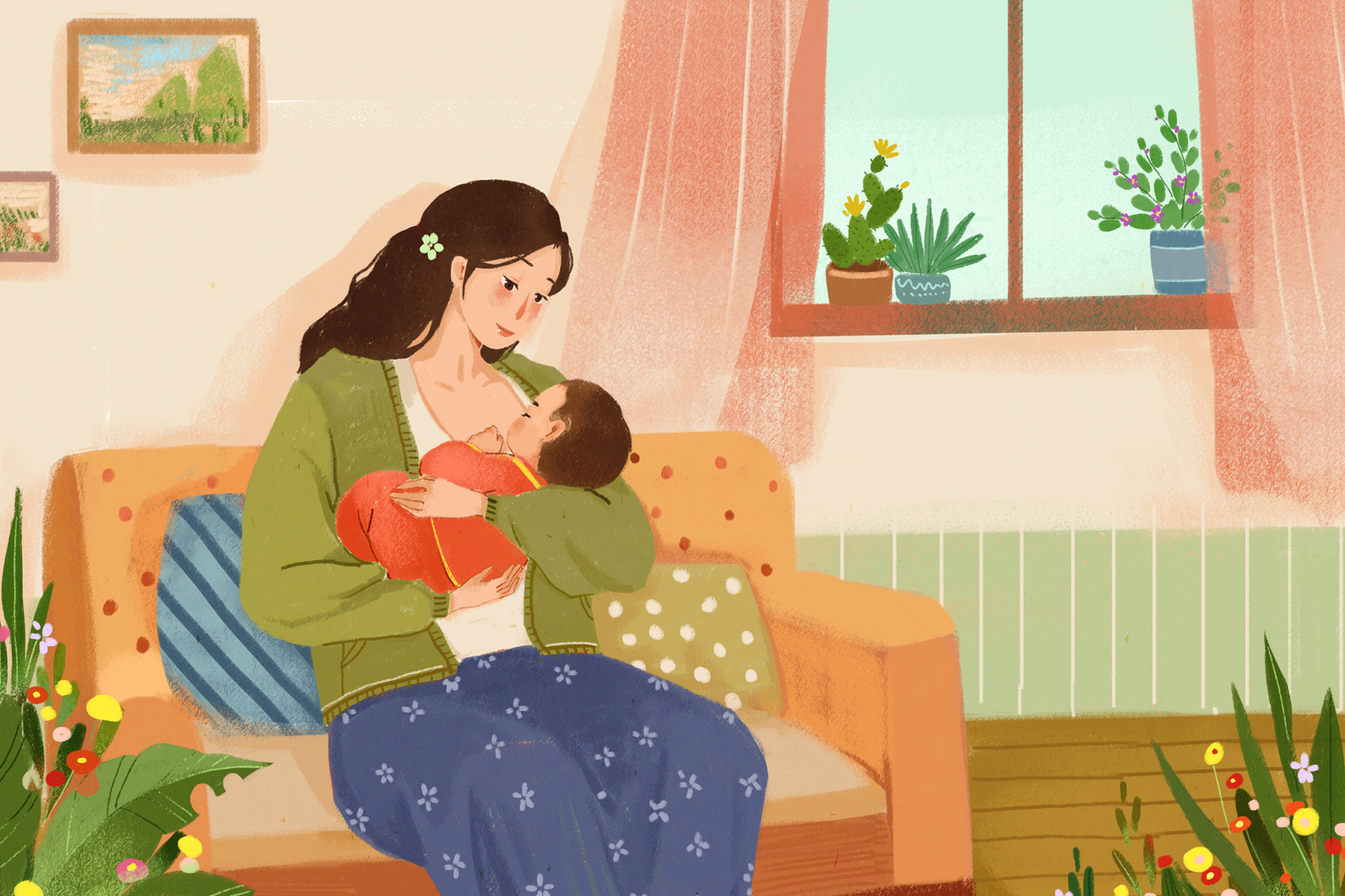
Recently, a friend’s mother asked me how to best support her daughter’s decision to breastfeed her first grandchild. The new grandmother questioned her ability to encourage her daughter’s decision because she had not breastfed her own child and this lack of experience made her feel unqualified to provide support. With mixed emotions and a lingering sense of guilt, this new grandmother wanted to learn, from a pediatrician friend, how best to help her daughter. Not surprisingly, this grandmother also confessed she firmly believed feeding formula to a newborn is the best choice for her new granddaughter, because she had bottle-fed back in the 1970s. According to Grassley and Eschiti, breastfeeding rates were lowest in 1971 when less than 25% of women initiated breastfeeding. Due to their own personal experience, grandmothers from this era tend to question the viability of breastfeeding, at times even discouraging a new mother when facing the often inevitable challenges associated with breastfeeding.
As a pediatrician, I have witnessed many grandmothers suggesting that their grandchild’s jaundice or weight loss was being caused by the mother’s decision to breastfeed. The grandmothers would often request that I encourage the new mother to begin formula supplementation. As pediatricians, we need to debunk this myth sensitively and strive to clear up any misinformation which the new generation of grandmothers may propagate due to their own personal experience. It is our duty to teach these grandmothers, who are often attempting to express love, how to best support new mothers in their own personal journey as parents.
The following is a list of helpful tips, developed throughout my clinical years to help new grandmothers:
- Have a frank conversation with the grandmother. As a pediatrician, I encourage new grandmothers to share their views on newborn feeding, her own personal experience and to communicate exactly what she believes is the best choice for the grandchild. Discuss with the grandmother her fears and concerns, validating her experience and love for her family. Carefully and sensitively begin to introduce the benefits of breastfeeding to the grandmother. There may be resistance but be patient. Even as a doctor, my own mother discouraged me from breastfeeding my firstborn because she was taught and firmly believed that formula contains vitamins that my own breastmilk lacked. Yes, I had to re-educate my own mother, explaining that breastfeeding, although challenging, was the best choice for my children. Listening to my mom’s concerns and validating her experience helped me better understand why she preferred for me to feed my son formula instead of my own breastmilk. As a pediatrician, initiating these discussions with the family sooner than later, will certainly help pave the way for new mothers to receive the support needed, especially when faced with a challenging breastfeeding experience.
- Encourage the mother and grandmother to work closely with a breastfeeding consultant. As a pediatrician, I developed a close relationship with our hospital breastfeeding consultant and consistently encouraged all my families to engage them and to follow their recommendations. It has been my experience that grandmothers may need to hear the same message from several health care professionals before they can “unlearn what they have learned” and commit to supporting breastfeeding. Breastfeeding consultants know how to listen to the specific concerns of the family and, when engaged early, can best help them navigate the complexities of breastfeeding. They are our best advocate!
- Set expectations early! A newborn may lose weight, breastmilk production may take several days to fully manifest, and jaundice can happen to anyone! The expectations that every infant will latch perfectly following birth, that breastfeeding is painless, and that all newborns gain weight prior to being discharged home are unrealistic. Unrealistic or uninformed expectations can create pressure, worry and doubt. These can quickly discourage a new mother from continuing her breastfeeding and can be intensified when a mother experiences complications during/after childbirth or when a newborn has trouble latching. Breastfeeding is like learning to dance, requiring practice and perseverance. Grandmothers need to understand that while learning how to “dance,” both the mother and the newborn need support and encouragement.
- Stop the guilt and enjoy the moment. Breastfeeding is beautiful! I encourage grandmothers to take a step back and to realize the blessing of witnessing your daughter breastfeed your grandchild. Find ways to help and not hinder. Nourishment doesn’t only come through the breastmilk. Help the new mother with positioning the baby, bring her some water, or even just draw close and tell her how marvelous it is to watch her feed her baby. I tell grandmothers, although you may not have personal experience breastfeeding, please enjoy the fact that you are part of a very special moment for your daughter and cherish it.
The dance is beautiful! When well learned, supported and encouraged, breastfeeding can provide the best nourishment (emotional and physical) for both mother and child.
For more breastfeeding resources to share with your families, please refer to the American Academy of Pediatrics.
For grandmothers that want to read more about breastfeeding, I recommend the American Academy of Pediatrics New Mother’s Guide to Breastfeeding by Joan Younger Meek.
Dr. Johanna Vidal-Phelan received her undergraduate degree from Wellesley College and a Healthcare MBA from George Washington School of Business in Washington, DC. She completed her doctorate at UMDNJ – Robert Wood Johnson Medical School. Dr. Vidal-Phelan is also a fellow of the American Academy of Pediatrics. She also has specific expertise in pediatric medicine, quality improvement and CHIP. Dr. Vidal-Phelan is Vice President Medical Director of the Care Centered Collaborative at the Pennsylvania Medical Society.







